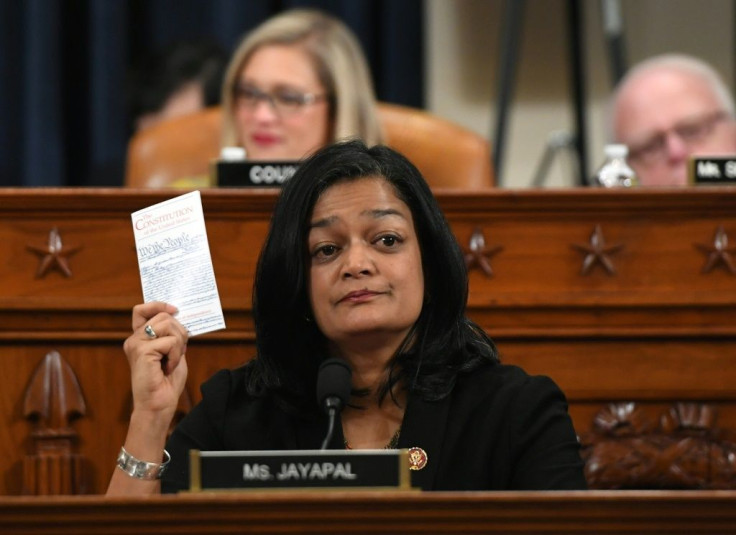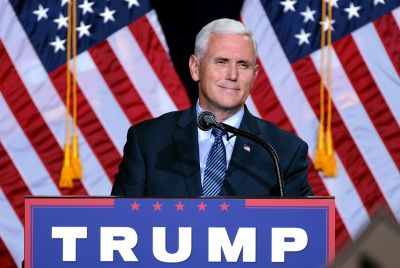Stimulus Check Update: Bill Faces Thin Margins In House Amid Some Progressive Skepticism
The Senate has voted to approve Democrats’ $1.9 trillion stimulus package, clearing the way to for the House to debate on the updated draft. Concessions to more conservative Democrats and the exclusion of a minimum wage increase have diminished the bill’s size, but House progressives have signaled they can tolerate the changes, the Wall Street Journal reports.
A vote is planned for Wednesday and has received the approval of President Joe Biden.
Biden said on Saturday that eligible Americans will receive their third round of stimulus checks this month. Direct payments of up to $1,400 will go to most Americans, but those earning $80,000 or more won't get a check, as well as married couples earning a combined $160,000.
The bill also includes $300-per-week jobless benefits through the summer as well as a child allowance of up to $3,600 for one year.
Moderate Democrats like Sen. Joe Manchin of West Virginia demanded that benefits for the unemployed be reduced from $400 to $300 weekly. The Senate parliamentarian nixed the $15 minimum wage, saying it couldn’t be included in budgetary reconciliation.
Progressive senators argued that Democratic leadership should ignore the parliamentarian or do away with the filibuster, lowering the standard threshold from 60 votes to 50. Moderate Democrats won out in the end, with Biden pledging to increase the minimum wage in a separate bill.
The prospects of a minimum wage bill without bundled COVID-19 relieve are decidedly mixed.
"I think the parliamentarian was dead wrong," @BernieSanders says of the minimum wage ruling, decrying the "absurd process that we allow an unelected staffer" in the Senate to decide "whether 30 million Americans get a pay raise or not."
— Sahil Kapur (@sahilkapur) March 5, 2021
The bill now goes to the House, which will have to vote on whether to approve the Senate’s more conservative package. Democrats passed the first version through the House by a razor-thin margin, but the changes could get some conservatives on board and progressive Representatives have said they can accept the bill.
Progressive caucus head Rep. Pramila Jayapal, D-Wash., wasn’t pleased that the bill had been reduced but said the most important elements were intact.
“Despite the fact that we believe any weakening of the House provisions were bad policy and bad politics, the reality is that the final amendments were relatively minor concessions,” she said.

One less expected outcome of deliberations: Manchin says he could be open to imposing some restrictions of the filibuster, even if he isn’t willing to do away with it entirely.
“If you want to make it a little bit more painful, make them stand there and talk, I’m willing to look at any way we can,” he told NBC’s Meet The Press. “But I am not willing to take away the involvement of the minority.”
© Copyright IBTimes 2024. All rights reserved.





















